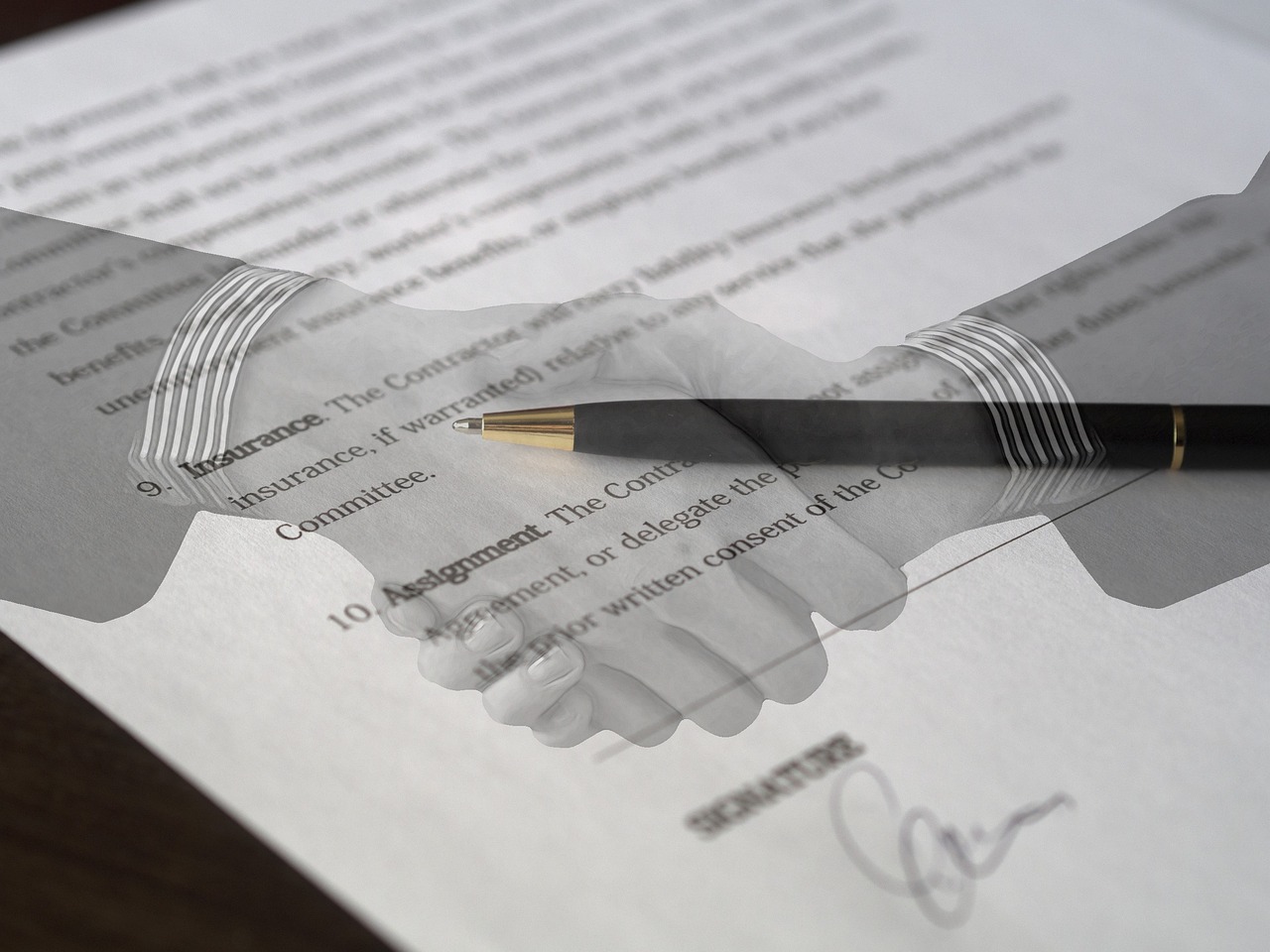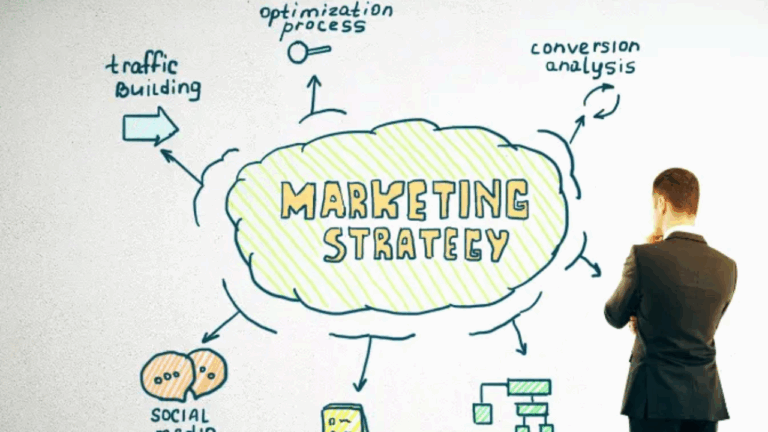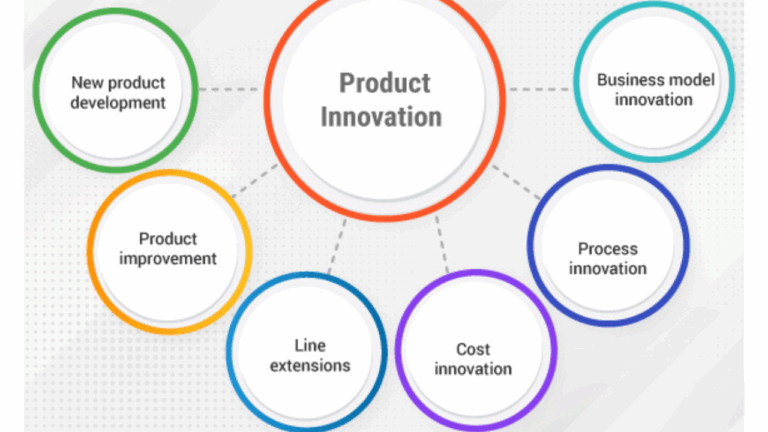Event Data Privacy: Protecting Attendee Information
lotusbook365, welcome to play99exch, allpannel:Event Data Privacy: Protecting Attendee Information
As event planners, we have a responsibility to protect the privacy of our attendees. With the increasing digitization of events, more and more data is being collected about participants. From registration information to social media interactions, attendees’ personal information is at risk of being compromised if proper measures are not taken to secure it.
In this blog post, we will discuss the importance of event data privacy and share some tips on how to protect attendee information. We will also address some common questions and concerns regarding data privacy at events.
Why is event data privacy important?
Event data privacy is crucial for several reasons. First and foremost, attendees have a right to privacy. When they provide their personal information to event organizers, they trust that it will be kept secure and used only for the purposes for which it was shared.
Secondly, data breaches can have serious consequences for both attendees and event organizers. If sensitive information such as credit card details or contact information is exposed, attendees may become victims of identity theft or other forms of fraud. Event organizers, on the other hand, may face legal repercussions and damage to their reputation.
Finally, maintaining strong data privacy practices can help build trust with attendees. When participants feel confident that their information is safe, they are more likely to engage with the event and provide valuable feedback.
How can event organizers protect attendee information?
1. Limit the collection of data: Only collect information that is necessary for the event and make sure attendees are aware of what data is being collected and why.
2. Secure data storage: Use encryption and other security measures to protect data both during transmission and while it is stored on servers.
3. Implement access controls: Limit access to attendee data to only those who need it and ensure that all individuals who handle data are trained in data privacy best practices.
4. Regularly update security measures: Stay up to date on the latest security technologies and best practices to protect against evolving threats.
5. Obtain consent: Obtain explicit consent from attendees before collecting their data and allow them to opt out of any data collection they are uncomfortable with.
6. Work with trustworthy vendors: If you are using third-party vendors for event registration or data processing, make sure they have strong data privacy policies in place.
Common questions about event data privacy:
Q: What should I do if there is a data breach at my event?
A: If a data breach occurs, it is essential to act quickly. Notify affected attendees, inform the appropriate authorities, and take steps to address any vulnerabilities that led to the breach.
Q: Can I share attendee data with sponsors or partners?
A: Only share attendee data with sponsors or partners if attendees have explicitly consented to this. Make sure sponsors and partners also have strong data privacy policies in place.
Q: How long should I keep attendee data?
A: Only keep attendee data for as long as necessary for the event and any post-event follow-up. Once the data is no longer needed, securely dispose of it.
Q: Do I need a data protection officer for my event?
A: Depending on the size and scope of your event, you may be required to appoint a data protection officer to oversee data privacy practices. Check local regulations to determine if this is necessary.
Q: How can I ensure compliance with data privacy regulations?
A: Stay informed about data privacy regulations such as GDPR and ensure that your event’s data privacy practices comply with these regulations.
In conclusion, protecting attendee information is a vital aspect of event planning in the digital age. By implementing strong data privacy practices, event organizers can build trust with attendees, mitigate risks of data breaches, and ensure compliance with data privacy regulations. By following the tips outlined in this post and staying informed about best practices, event planners can safeguard attendee data and create a safe and secure event experience for all participants.






